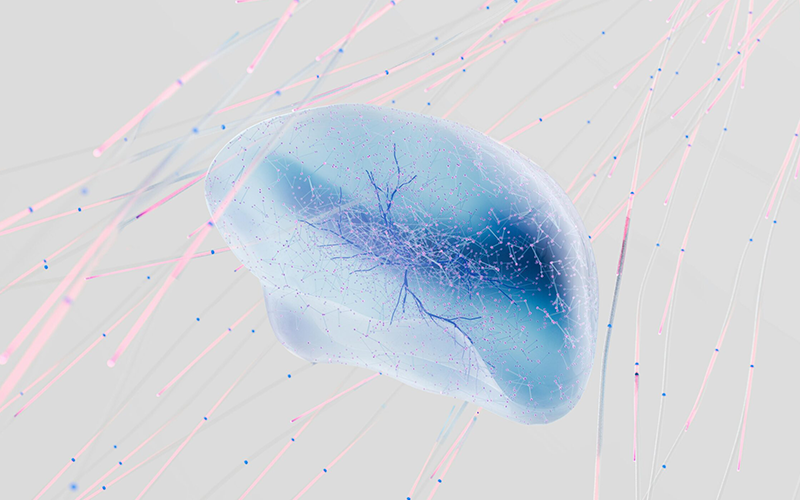Trigger Warning: The following blog contains themes/content that might be triggering for some readers, including mentions of suicidal ideation.
Hello, I hope everyone has been enjoying a pleasant start to September! In this blog post, I am going to talk about recent research regarding depression and relapse.
Major Depressive Disorder and Relapse Risk
Major depressive disorder (MDD) is a mood disorder characterized by persistent sadness and other symptoms, including appetite changes, disturbed sleep patterns, loss of energy, feelings of worthlessness and guilt, poor concentration, and suicidal ideation (American Psychological Association, n.d.).
While depression is a mental illness that can be managed and treated, unfortunately, up to 80% of people with MDD experience symptomatic relapse within a five-year period (Neuroscience News, 2025).
Exploring a New Angle: Aversive Learning
Thankfully, research regarding this problem has been progressing (Neuroscience News, 2025). Dr. Ruhé from the Radboud University Medical Center built on prior findings suggesting that individuals with depression often remain highly sensitive to punishment, even after recovery.
This observation led Ruhé to investigate aversive learning, a form of conditioning where a person learns to avoid stimuli or behaviours by associating them with unpleasant outcomes (Neuroscience News, 2025).
The Habenula: A Pessimistic Powerhouse
The study focused on the habenula, a small brain region that is involved in processing negative feedback (Neuroscience News, 2025). Using functional MRI (fMRI), researchers measured brain activity while participants engaged in an aversive learning task.
The study included 36 individuals with recurring depression and 27 healthy controls (Neuroscience News, 2025). During the tasks, participants learned to associate a picture with an unpleasant taste while being scanned by the fMRI.
Habenula Highlights: What it Revealed…
Now for the results!! Imaging revealed that individuals with recurring depression showed increased habenula activity during the anticipation of punishment (Neuroscience News, 2025). They also exhibited decreased connectivity between the habenula and the ventral tegmental area (VTA). Notably, the VTA is an important midbrain nucleus involved in dopamine production and reward processing.
These observed patterns indicate a neurological basis for heightened sensitivity to negative cues in individuals with recurring depression, as well as a reduced ability to regulate responses to potential punishment, even after the cessation of depressive symptoms (Neuroscience News, 2025).
What Does It All Mean?
What makes this study particularly notable is that rather than observing how depression affects brain function during active illness, it focuses on the brain post-recovery (Neuroscience News, 2025). Markedly, even when no symptoms are evident, individuals may experience high sensitivity to negative cues, potentially contributing to the risk of relapse.
By understanding the brain’s functioning in those who have recovered from depression, we could be well on our way to developing more precise ways of identifying at-risk individuals, predicting relapse, and creating personalized/targeted interventions (Neuroscience News, 2025). This could ultimately improve long-term outcomes and reduce the rates of recurrent depression.
Final Thoughts
Thank you very much for taking the time to read my blog post. My hope is that you learned something new regarding the complexity of depression and the importance of continued research in this field.
References
American Psychological Association. (n.d.). Major depressive disorder. In APA dictionary of psychology. Retrieved July 21, 2025, from https://neurosciencenews.com/brain-depression-relapse-29363/
Neuroscience News. (June 28, 2025). Lingering brain changes may raise depression relapse risk. https://neurosciencenews.com/brain-depression-relapse-29363/
Image Courtesy of Pexels.com
Note: The Free Your Mind Mental Health Society is an independent youth-led organization. The contents of this blog are not intended to be a substitute for professional medical advice, diagnosis, or treatment. Always seek the advice of your physician or another qualified health provider with any questions you may have regarding a medical condition. In the event of a medical emergency, please call your doctor or 911 or other local emergency numbers immediately.




